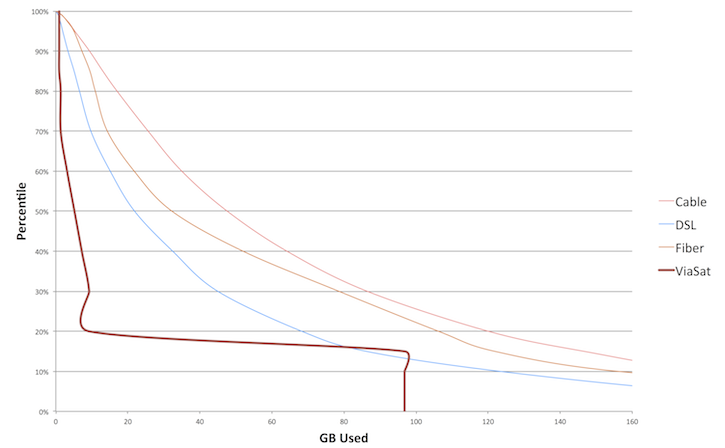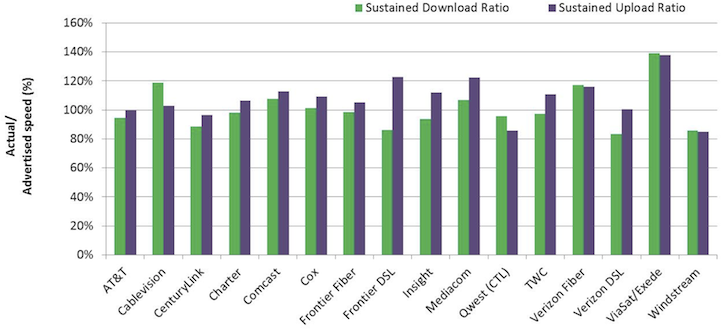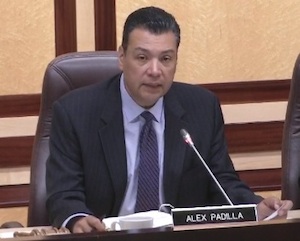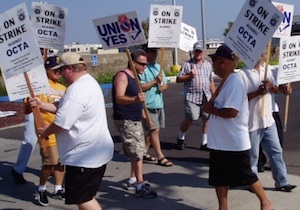CPUC not bugged by incumbent advantages, approve new broadband subsidy rules

Whether you like the rules or not – and for what it’s worth I don’t – it’s game on for the next round of broadband infrastructure construction subsidies from the California Advanced Services Fund. In a unanimous vote this morning, the California Public Utilities Commission approved new rules and a timeline for applying for CASF grants and loans.
Existing Internet service providers that offer substandard service (6 Mbps down/1.5 Mbps up, per the CPUC) are first in line: they can block potential competitors from getting CASF funding in their service areas.… More









